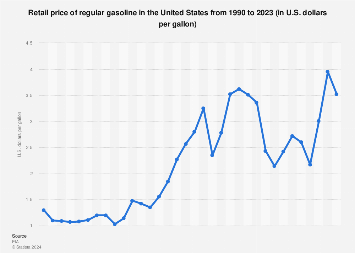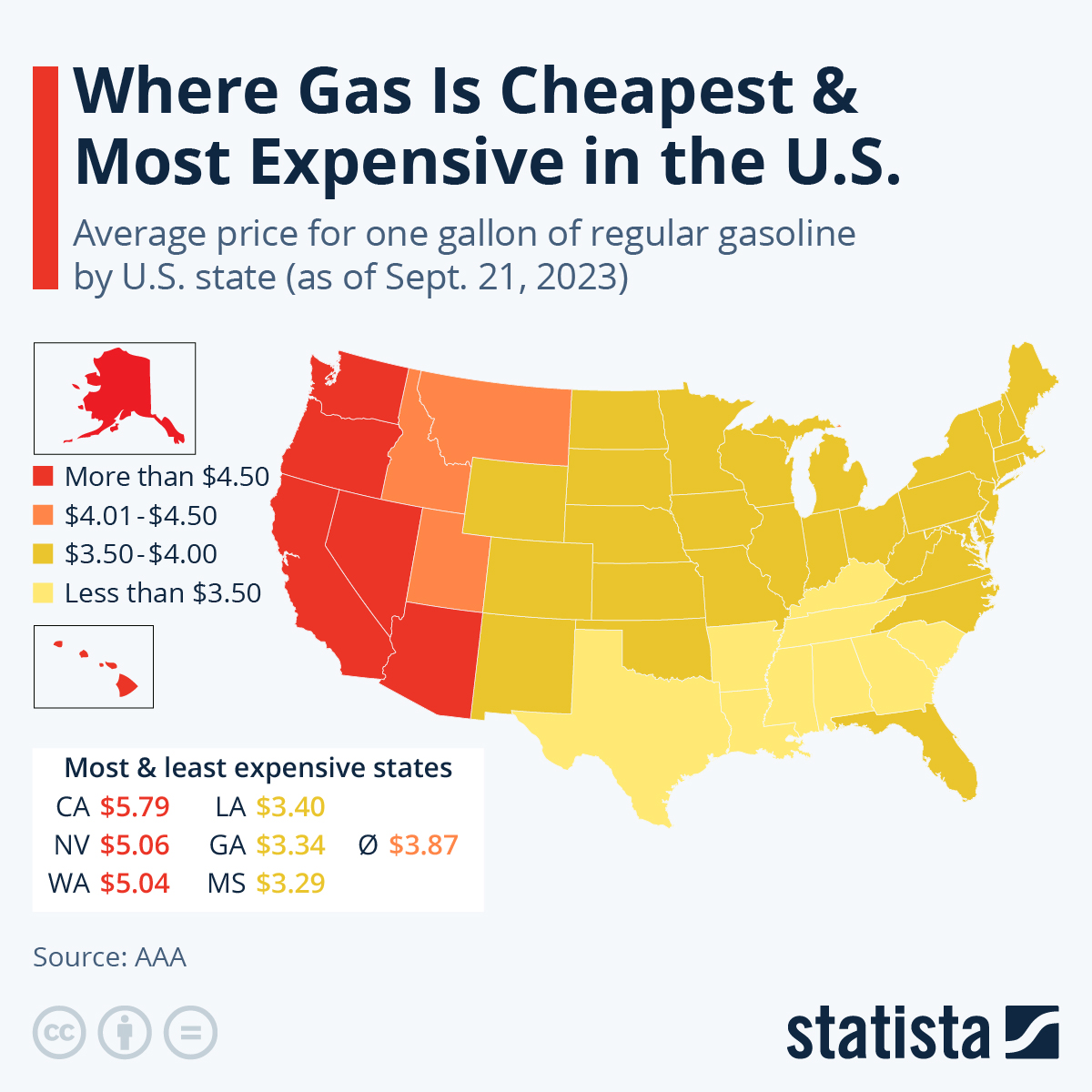Examining the Aspects Affecting Oil Cost and Its Effects on Gas Oil
The rate of oil is an essential consider the international economic situation, with far-ranging ramifications for various industries and consumers. Understanding the factors that influence oil rates and their subsequent effects on fuel oil is critical for businesses and individuals alike. This analysis intends to analyze the essential motorists behind oil rate fluctuations, consisting of supply and need characteristics, geopolitical impacts, and market speculation. In addition, it will discover exactly how changes in oil costs effect gas oil prices, which, consequently, have considerable ramifications for various fields such as power, transportation, and manufacturing manufacturing. By delving right into this topic, we can get important insights right into the complex interaction in between oil prices and fuel oil, enabling much better decision-making and threat management approaches.
Supply and Demand Characteristics
Supply and demand characteristics play an important function in establishing the price of oil and its effect on the gas oil industry. The worldwide oil market is affected by different variables, including geopolitical events, economic problems, and technological improvements. Recognizing the characteristics of supply and need is necessary for stakeholders in the gas oil sector to properly forecast oil prices and make informed company decisions.

The supply of oil is established by the production abilities of oil-producing countries, consisting of OPEC participants, non-OPEC nations, and shale oil producers (cod oil prices). Political instability in oil-producing regions, all-natural calamities, and conflicts can interfere with the supply of oil, bring about cost variations. On the other hand, technological improvements and raised financial investments in exploration and production can boost supply and stabilize costs
Demand for oil is influenced by economic aspects such as GDP development, industrial activity, and transportation requirements. Emerging economies with quickly boosting and expanding industries urbanization add to the climbing need for oil. Nonetheless, factors like energy transition plans, advancements in renewable resource sources, and effectiveness renovations can affect oil need adversely.
The interplay in between supply and need establishes the balance price of oil. When supply surpasses need, rates often tend to decrease, and the other way around. Fluctuations in oil prices have a cascading result on the gas oil industry, affecting production expenses, success, and customer actions. Therefore, stakeholders in the fuel oil sector carefully keep track of supply and demand dynamics to prepare for price motions and adjust their methods accordingly.
Geopolitical Influences
Geopolitical factors dramatically influence the international oil market and subsequently influence the cost of oil and its effects on the fuel oil industry. Any type of interruption in oil supply from the Middle East due to political instability or problems can trigger a considerable rise in oil costs. On the whole, understanding and examining geopolitical influences is crucial for predicting oil price movements and their results on the gas oil market.
Market Supposition
Market speculation plays a considerable function in shaping the characteristics of the oil cost and its influence on the gas oil industry. Supposition describes the activity of buying and selling oil agreements with the expectation of making profits from cost fluctuations. Traders, capitalists, and banks engage in market conjecture to capitalize on short-term price movements. Their activities, influenced by various aspects such as economic indicators, geopolitical occasions, and supply and need characteristics, can contribute to raised volatility in the oil market.
Market supposition can have both favorable and negative results on the fuel oil industry. On one hand, it can give liquidity and efficiency to the marketplace by promoting rate discovery and threat monitoring. Speculators bring added funding and proficiency, boosting market depth and permitting smoother purchases. This can profit gas oil manufacturers and customers by giving a much more steady and transparent prices system.
On the other hand, excessive conjecture can lead to cost distortions and market control. Speculative tasks driven by herd mentality or illogical pep can create prices to drift from their basic worths. This can lead to increased rate volatility, making it testing for gas oil market participants to intend and make educated choices. In addition, too much speculation can develop fabricated cost bubbles, which, when they rupture, can have serious effects for the gas oil market and the broader economic climate.
Effect On Gas Oil Rates
The influence of market conjecture on gas oil prices can be considerable. Market conjecture describes the trading of fuel oil agreements based on expected cost motions, instead than on the actual physical supply and demand of the product. Speculators, such as hedge funds and investment banks, play a vital role in identifying fuel oil prices as they join futures trading, which can influence the general market view and prices.
When speculators think that gas oil rates will certainly boost, they tend to purchase agreements, driving up the demand and consequently the rate of fuel oil. On the various other hand, when speculators expect a decrease in prices, they offer contracts, resulting in a decrease popular and ultimately reduced gas oil rates.
The impact of market supposition on gas oil costs can be both favorable and adverse. On one hand, it can provide liquidity and assistance stabilize the marketplace by permitting consumers and producers to hedge against price fluctuations. On the various other hand, too much supposition can result in price volatility and distortions, which can have adverse results on fuel oil rates and the total economy.
It is vital for policymakers and market regulatory authorities to handle and keep an eye on market speculation to make sure that it does not end up being extreme and destabilize gas oil rates. By Get More Information executing efficient regulations and oversight, authorities can discover this info here mitigate the prospective unfavorable impacts of market conjecture and preserve security in fuel oil rates.
Results on Industries and Consumers
Industries and consumers are dramatically influenced by the changes in gas oil rates. When oil rates climb, sectors that rely heavily on fuel oil for their operations, such as transportation, agriculture, and manufacturing, experience increased manufacturing prices. These extra expenditures are typically passed on to customers in the kind of greater costs for solutions and goods. Increasing fuel oil rates can result in raised transport costs, leading to higher prices for goods that need to be transferred long distances. Markets that use fuel oil as a raw product, such as chemicals and plastics, might see their production costs climb, which can also be passed on to customers.
Furthermore, higher gas oil rates can likewise impact consumer behavior. As the price of fuel surges, consumers might need to allot even more of their budget plan in the direction of transport expenditures, leaving less cash for other acquisitions. This can result in a reduction in discretionary spending and a stagnation in consumer-driven sectors such as retail and friendliness.
On the other hand, when fuel oil rates decrease, markets might take advantage of lower helpful site manufacturing costs, causing possible savings that can be handed down to customers. cod oil prices. Reduced fuel prices can additionally promote consumer spending, as people have a lot more non reusable income to allocate in the direction of other products and solutions
Final Thought
To conclude, the cost of oil is influenced by different factors such as supply and need characteristics, geopolitical impacts, and market conjecture. These factors have significant effects on gas oil rates, which in turn impact different sectors and consumers. Comprehending these influences is critical for policymakers, customers, and companies to browse the changes in oil rates and reduce their results on the economic climate.

Market conjecture plays a substantial duty in forming the characteristics of the oil price and its impact on the gas oil market. When oil costs increase, sectors that count greatly on fuel oil for their procedures, such as production, transportation, and farming, experience raised production costs.